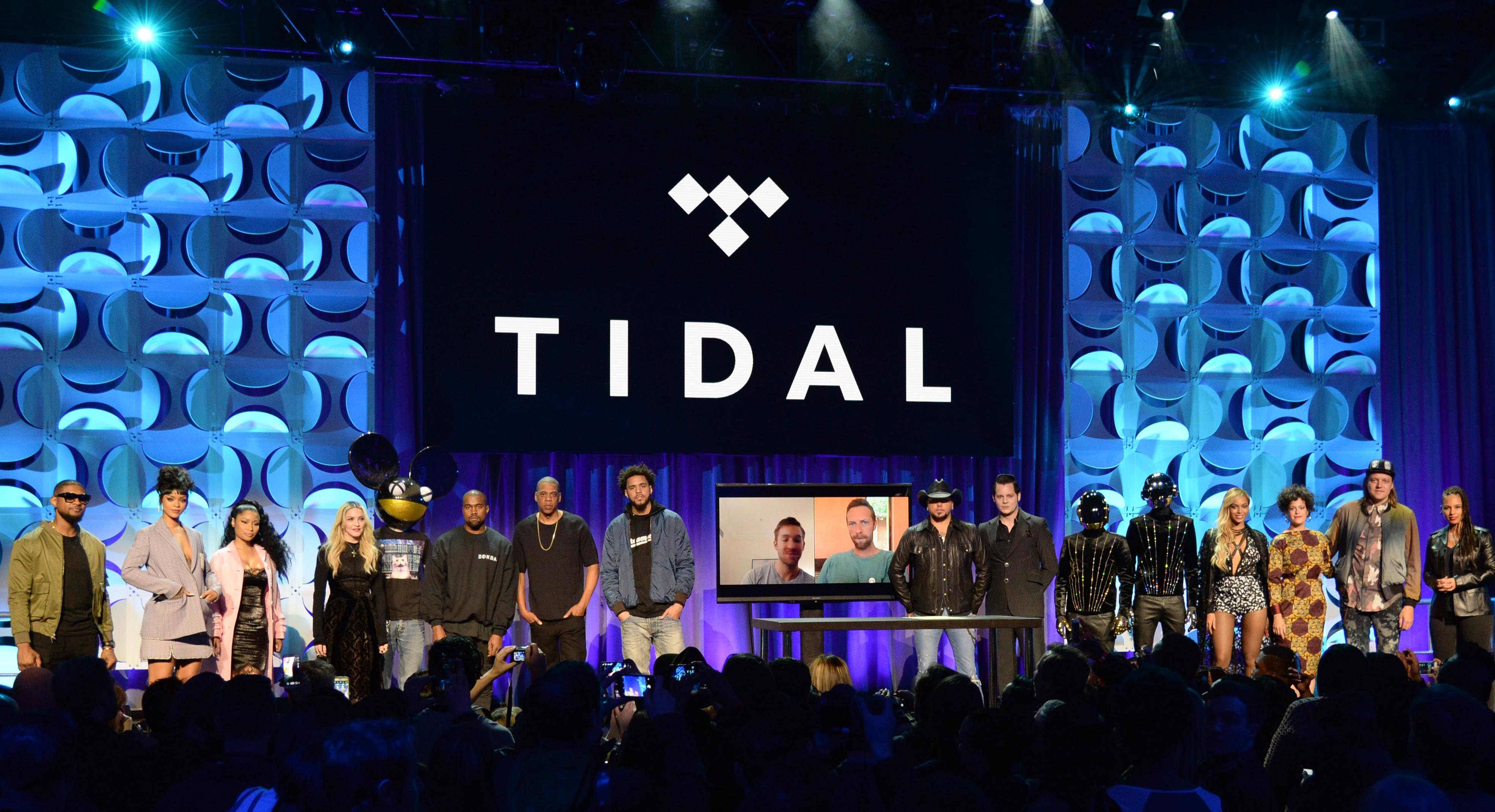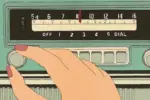I got mad at Kanye West last month. Not because of anything bombastic he said on Twitter, and not because he lyrically attacked Taylor Swift, but because he wouldn’t let me buy his stupid new album.
“The Life of Pablo” was available for $20 for less than 24 hours before Kanye pulled it off his website and announced that it would never again be for sale. Instead, it would only ever be available on Tidal, the streaming service Jay Z created last year to compete with Spotify and Apple Music.
I’d be okay with that if the cheapest Tidal subscription wasn’t $10 a month, and if the service wasn’t just a Spotify lookalike with a smaller library of music.
Jay Z, Beyoncé, Kanye and all the other musicians who backed the project seemed to think that their names alone would convince people to pay more for something they already get for free.
But of course, everything Tidal marks as exclusive — albums, music videos and so on — is leaked almost immediately, so even the content that sets them apart from other streaming services doesn’t exactly give them a leg up. It’s pretty unsurprising that Spotify, and a couple of other streaming services, have millions more subscribers than Tidal.
I’m not a fan of Tidal, clearly, but I get why it exists. Instant streaming services have totally changed the way people listen to music, and this was Jay Z’s attempt to put the musicians back in control of how their work is distributed.
I have a love-hate relationship with music streaming. I use Spotify almost every day because it’s free and I can find essentially anything I want to hear—ahem, except “Pablo.”
Now that I can listen to songs in full without making a payment, I get to be a lot less picky. Right now, as I write this, I’m listening to a Spotify playlist called “Instrumental Study,” a collection of nice ambient sounds that work perfectly to keep me focused but that I’d never spend actual money on.
And I likely would not have pored over Fiona Apple’s entire discography and become an instant mega-fan last month had I not heard and enjoyed one song of hers on my Spotify Discover Weekly playlist by total chance.
But it feels a little hypocritical to be taking advantage of artists like this when I’ve always refrained from downloading music illegally. Sure, there’s a profit to be made from the commercials I have to sit through for the streaming to keep working, but Spotify pays its musicians very little.
And although it almost seems outdated now to actually go out and buy a new CD I’m interested in — or even to purchase it digitally — I still love the feeling of building onto my own personal collection of music. An iTunes library, a shelf of CDs or a stack of record albums is much more satisfying to the eyes than an endless database of songs, because you know when you look at it that it’s completely curated and owned by you.
I’d also argue that we value albums more when we have to purchase them. When they’re immediately available at no cost, it’s easy to forget how much time and effort goes into creating one.
Surely the rising popularity of streaming services has also had something to do with another trend I have mixed feelings about: unannounced album releases.
The whole insane ordeal leading up to “Pablo”’s release — Kanye tweeting every step and misstep of the production before finally dropping it with no announcement — was just an extreme version of what’s been happening with album releases in general for the past few years now.
The only way to release something new, it seems, is to do so unexpectedly and somewhat quietly. Gone are the days of anticipation for new music with a visible endpoint; now we just have to wait to be surprised.
In some cases, this is fun.
The huge success of Beyoncé’s self-titled release in 2013 was due in part to the lack of any lead-up singles, announcements or even any hints that she’d been working on new material.
And when a project like Kendrick Lamar’s latest — “untitled. unmastered.” — drops unexpectedly, streaming services are the perfect advertisement. No one but die-hard Kendrick fans would have given a second glance to an album full of untitled B-sides if immediate listening access weren’t an option.
But for someone like Kanye, who had been teasing a new album for over a year before finally letting let us hear it, the refusal to announce a release date is just irritating.
We knew he had something coming soon, but because he talked about it so much instead of letting the music speak for itself, the album got less attention than the comments he made leading up to it. Turns out, the “surprise release” isn’t cute unless it’s an actual surprise.
There’s not really a point to having a huge buildup before an album, but I get more interested in listening to new material when I at least get a preview of an artist’s new sound beforehand.
It was exciting when Adele came out of nowhere with “Hello” before announcing a date for 25 last year, and the single amped up an anticipation that wouldn’t have existed if she’d just released everything all at once. It might not have made much of a difference for the album sales-wise — because she’s Adele — but it wouldn’t have been as much of an event.
I suppose Kanye’s decision to make “Pablo” a Tidal-only exclusive was the obvious next step in this new age of music streaming, and I’m sure his project is the first of many that will never be available in hard copy. But just as some have longed for the days of record albums, I’m beginning to feel nostalgic for the CD.
















